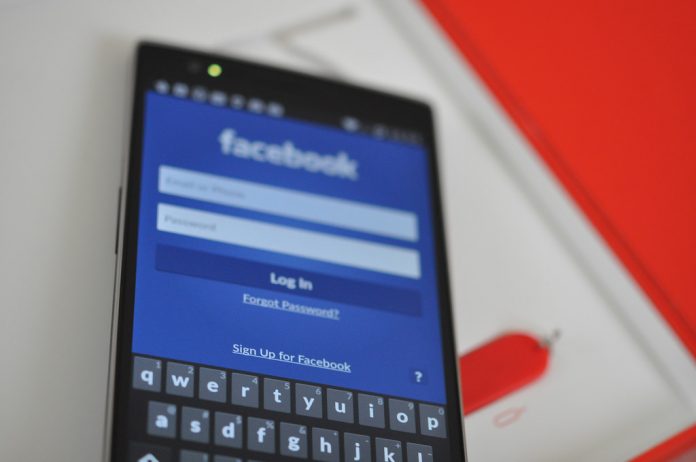
Facebook, one of the pioneers in the social media industry and one of the main platforms, is currently having a “teen problem”. Teens have rapidly lost interest in Facebook as the novelty and exclusivity of it has gradually been lost.
The company has said that they expect the use of Facebook from ages 12 to 17 to decrease more and more as time goes by. A researcher from eMarketer has even predicted that the number of people turning their backs to the site will be as high as two million.
This is the first time Facebook has seen these statistics drop ever since it blew up. eMarketer, once again, said that the majority of teen users will not be even checking their Facebook once a month.
Facebook young users by the numbers
Although eMarketer does predict that people in the age range from 18 to 24 will be using Facebook frequently in 2018, a staggering 81.5 percent drop is expected by 2021.
The firm also added that the company is to expect the number of “Facebook Nevers,” which is people in their teens and higher up to never have created a Facebook account, to increase this year.
The number of Facebook users in their teens is expected to drop by 5.6 percent, whereas the users from 18 to 24 are expected to decrease 5.8 percent.
“This is the first time eMarketer has predicted a decline in the number of US Facebook users in those age groups,” the company stated.
That being said, the site’s overall activity continues to grow due to the older people in the Facebook community. Hoit is expected that this growing popularity amongst the older people will also decrease eventually.
Facebook UK users 2018 v 2017
Age 12 to 17: 2.2m,300,000
Age 18 to 24: 4.5m,400,000
Age 25 to 34: 7.2m, ↔️ Flat
Age 35 to 44: 5.9m, ↔️ Flat
Age 45 to 54: 5.6m,100,000
Age 55 to 64: 3.5m,200,000
Age 65-plus: 2.9m,300,000https://t.co/BUbTMr5Isr
— Matt Navarra (@MattNavarra) February 12, 2018
Why did this demographic drop happen?
Teens still use Facebook a great deal, for whatever cause it may be, it is still a visited page, but, over the years and the increase of popular social media platforms, Facebook is definitely no longer seen as the most important or prestigious social network amongst this age group.
eMarketer has also stated that Snapchat will potentially gain from Facebook’s loss, due to their new interactive features, and as what teens are expected to want, it’s more novelty, therefore the number is predicted to increase this year.
“This is a logical consequence of the ‘ageing’ of Facebook as a proposition and a well-known environment, and the inevitable emergence of newer social platforms offering the buzz of new features and functions,” Karina von Abrams added, principal analysist at eMarketer.
Source: Business Insider











